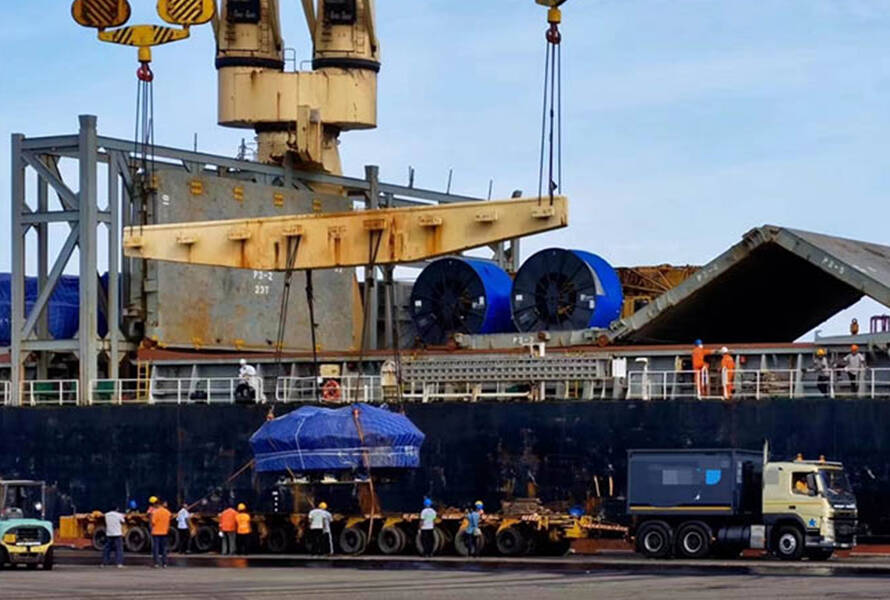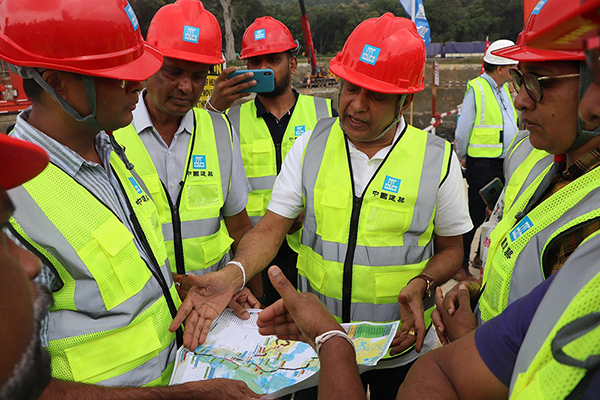In a significant move towards enhancing wildlife management and conservation, a comprehensive Radio Collaring initiative for wild elephants has been launched as per the recommendations of the Environmental Impact Assessment (EIA) and the National Wildlife Protection and Conservation Plan of Mahaweli Water Security investment Programe.(MWSIP)
Under this initiative, 60 radio collars have been procured, thoroughly inspected by the Department of Wildlife Conservation (DWC), and securely stored at the Wildlife Training Center in Giritale, Polonnaruwa District. The Center for Conservation and Research (CCR) has been awarded a service contract, following the standard procurement process, to execute the collaring activities. A technical evaluation committee (TEC) comprising three members from the DWC and two members from the Ministry of Wildlife and MWSIP. DWC has been appointed to oversee the project.
The Radio Collaring program aims to:
- Determine the home range of elephants.
- Identify new elephant corridors by assessing their movement patterns.
- Locate crossing points along railway lines and roads.
- Evaluate the impact on existing and future elephant fences.
- Assess the effects of water level management in Minneriya, Kaudulla, Kantale, and Parakrama Samudraya.
- Study crop raiding patterns and develop appropriate mitigation measures.
- Provide crucial data for developing a National-level Human-Elephant Conflict (HEC) mitigation plan.
Additionally, a three-day training program conducted by a Canadian Radio Collar supplier was held for DWC staff and the collaring team, ensuring the effective implementation of the project.
This initiative marks a significant step forward in understanding and mitigating the challenges faced by wild elephants, promoting coexistence, and ensuring the sustainability of conservation efforts in Sri Lanka.







